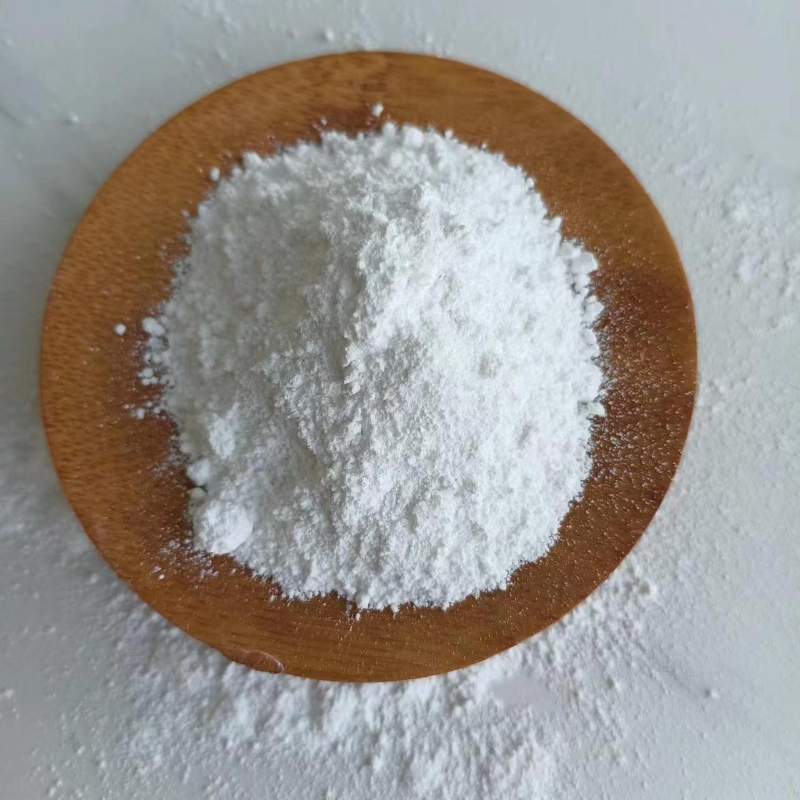-
Categories
-
Pharmaceutical Intermediates
-
Active Pharmaceutical Ingredients
-
Food Additives
- Industrial Coatings
- Agrochemicals
- Dyes and Pigments
- Surfactant
- Flavors and Fragrances
- Chemical Reagents
- Catalyst and Auxiliary
- Natural Products
- Inorganic Chemistry
-
Organic Chemistry
-
Biochemical Engineering
- Analytical Chemistry
- Cosmetic Ingredient
-
Pharmaceutical Intermediates
Promotion
ECHEMI Mall
Wholesale
Weekly Price
Exhibition
News
-
Trade Service
Microbial implantation of newborns is the key to their healthy growth.
genomics analysis and strain level analysis showed that the early stages in the intestines of normal infants were dominated by maternal fecal bacteria, including Bifidobacteria and ambigus.
stop breastfeeding, the fecal microbiome gradually becomes anaerobic Bacillus aureus.
this phenomenon is common in all populations and may be an indispensable biological phenomenon in the normal development of human beings.
, human systems are likely to have adapted to specific microbial signals within a specific time window, thus regulating each other's immunity and metabolism early in life.
October 1, 2020, cell published online the results of a study by the Willum M. de Vos group at the University of Helsinki, Finland, which found that maternal fecal microbiome transplantation in caesarean babies can quickly restore normal intestinal microbial development.
the study recruited 17 mothers, who were screened and took stool samples from seven mothers three weeks before giving birth.
researchers assessed whether the disturbed gut microbiome of a caesarean section (CS) baby could be restored through oral fecal microbiome transplantation (FMT) after birth.
FMT surgery was performed on seven newborns (5 boys and 2 girls) and all but one received a 7 mg transplant.
7 months of follow-up, all 7 infants had normal clinical procedures and no adverse reactions were seen.
the baby characteristics of CS delivery treated with FMT, the researchers found that the microbiome in the mother's feces sample was very similar, but very different from the microbiome in the infant sample treated with FMT, indicating highly selective growth after transplantation.
mother's microbiome is mainly composed of the gastroenterology and hair helicobacteria.
fetal feces samples are mainly gas monocytobacteria.
six out of seven infants showed the same microbiome development as Bacillus and Bifidobacteria.
2 days of stool samples, the microbiome was almost entirely composed of the genus Isobacteria.
to 7 days, Bifidobacteria has become an advantage group.
in 4-week samples, in addition to E. coli and mycobacterium genus, Bifidobacteria is also abundant.
the family-level bacteriobiome composition in the maternal and FMT treated infant samples to further detail the microbiome development of the transplanted baby, the researchers tested the microbiome differences between vaginally delivered infants and CS FMT therapy and untreated infants.
In the first few days of life, the microbiome of infants treated with FMT is different from that of babies born vaginally, but from 7 days, the microbiomes of infants treated with FMT are similar to those of babies born vaginally, and differ significantly from those of untreated CS babies.
Compared to untreated CS and vaginally delivered infants, the average relative bacteriobiological pattern map of infants treated by FMT shows that many chronic diseases are associated with the birth of CS, with abnormal microbiomes in infants as one of the important factors.
but there is no safe and effective way to fully restore CS baby bacteria.
study found that the intestinal bacteria of babies born by caesarean section are different from lynx in vaginal delivery, and that this deviation can be corrected by transplanting the mother's fecal microbiome.
, however, this can only be done after rigorous clinical and microbiological screening.
.







